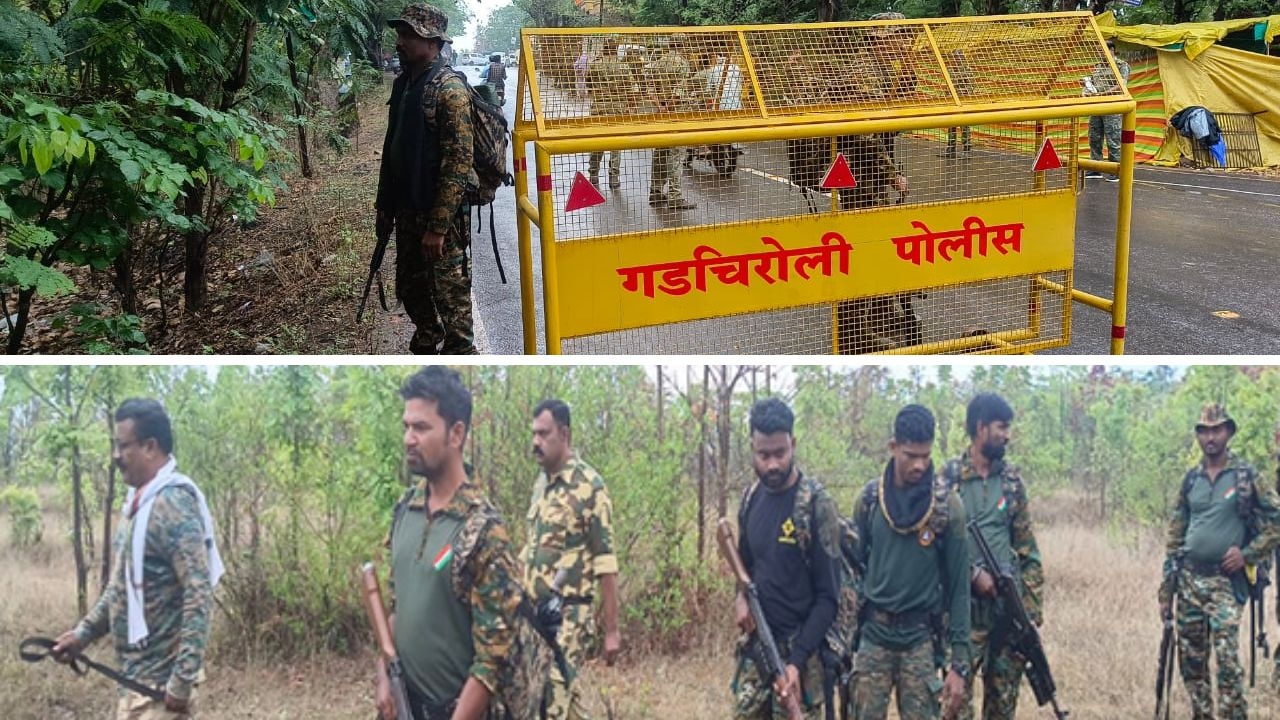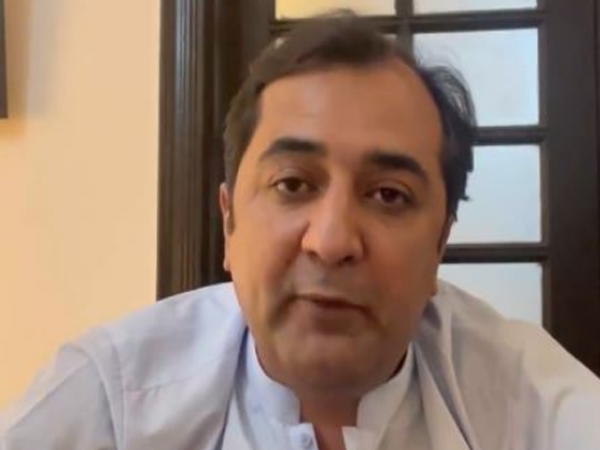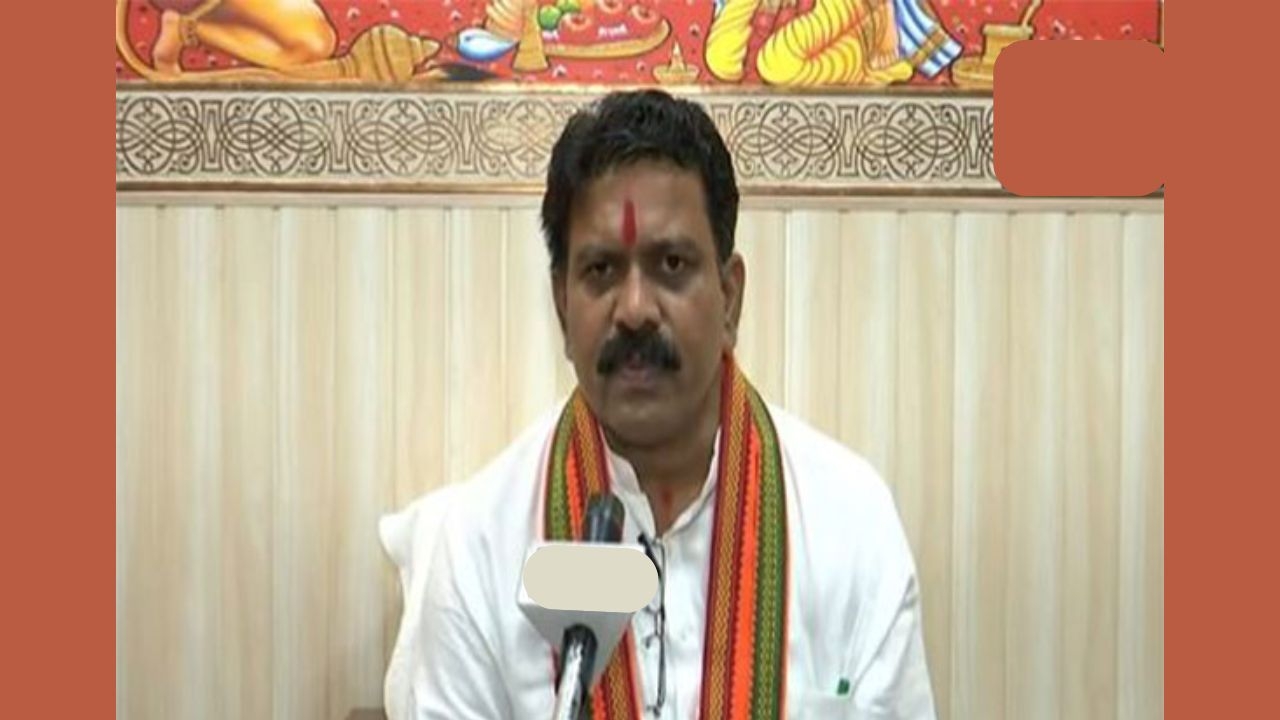Dear Britain, can you stop playing Pakistan's apologist? Thanks, India
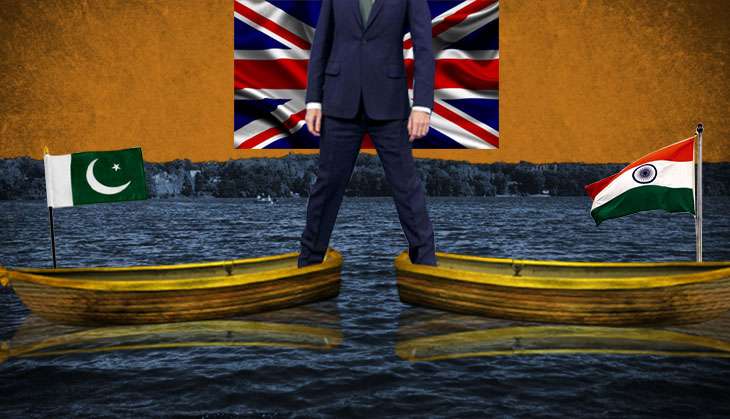
Do the British, once again, want to actively push their old noxious game of equating India and Pakistan ostensibly to prevent escalation of conflict between the two countries?
In the past the British have been wary of condemning Pakistani sponsorship of terrorism even while holding some Pakistani jihadi groups responsible for terrorism in India. In effect, they have always sought to absolve Pakistani official institutions and agencies of using terrorism as an instrument of state policy even while weakly urging them to do more to contain the actions of the jihadi groups.
The latest manifestation of British policy has come indirectly, articulated by Rahul Roy-Chaudhury who heads the London-based International Institute for Strategic Studies (IISS)'s South Asia programme.
The IISS which is funded, among others, by the British Foreign and Commonwealth Office (FCO), is well known to articulate the country's concerns and positions. While doing so it provides the British government the opportunity to keep a distance from the views expressed. This is way how diplomatic signalling is done.
Signal fire
Speaking at a workshop jointly organised by the Pakistan Centre for International Strategic Studies and IISS at Islamabad on 13 December Roy-Chaudhury presented an eight-point proposal. He recommended, as reported in the leading Pakistan newspaper Dawn:
- Lowering of rhetoric
- Effective implementation of ceasefire
- Observance of restraint by media
- Speedy completion of trials of Mumbai and Pathankot suspects
- India preventing excesses by security forces in Kashmir,
- Pakistan extending the scope of its counter-terrorism operations
- Reiteration by Delhi of its interest in seeking a peaceful resolution of the Kashmir issue
- Start of a back channel dialogue, especially a conversation between intelligence agencies
Objectives
Clearly, the object of these eight points is to ensure that a balanced approach is struck by British policy makers between India and Pakistan so that British interests are protected in both countries.
This is best seen in the manner in which the issue of terrorism has been addressed in these eight points. It has not been given the priority it deserves thus putting the spotlight on the British commitment to fight terror.
No demand has been made that in the first place Pakistan needs to end the use of terror to promote its external interests. The point that Pakistan's anti-terrorist campaign should extend to all groups is only part of a list of points that includes the suggestion that India should show an interest in seeking a peaceful resolution of the Kashmir issue.
Indeed by treating the terrorism issue in this manner the British are indicating that so long as the Kashmir issue remains, terrorism will continue. Basically, this is the Pakistani view and Indian policymakers cannot ignore what the British are conveying through Roy-Chaudhury's eight points.
It also noteworthy that through the 1990s, western countries took the position that Pakistani terrorism was an Indian problem linked to the Kashmir situation and that it was for India to address it.
It is only after 9/11 that terrorism became a common problem for the world. However, Roy-Chaudhury's comments indicate that for the British, the struggle against terrorism is subordinate to the pursuit of their narrow economic interests.
Picking sides
There is another troubling aspect. In seeking that India reiterate its interest in seeking a peaceful resolution of the Kashmir issue, the British are revealing an unstated unease at India's strategic strike after the Uri terrorist attack.
Indeed, the absence of any reference to the Uri and Nagrota attacks is significant.
There is little doubt that the British are signalling that India should not take any step that may lead to an escalation. This is what the Pakistanis say too.
For far too long did the threat of escalation paralyse Indian response to Pakistani terrorism. The surgical strikes demonstrated that India will take such action as it considered necessary to strike terrorists in Pakistan.
Obviously this is making the British, who were used to India's strategic restraint, uneasy. It is essential that the Indian strategic community and the government repudiate such British thinking.
Reality check
For the Modi government that has been seeking to isolate Pakistan, Roy-Chaudhury's eight points and the British signalling through them should be a reality check on where Britain stands.
No country paid any heed to Pakistan's diplomatic campaign on Kashmir after the Burhan Wani episode. Now, it would appear that by asking India to control the so-called excesses of security forces, it wishes to put a focus on it.
This can only provide great satisfaction in Islamabad. The suggestion that Pakistan should take action against the Pathankot perpetrators will not diminish the satisfaction.
More importantly by suggesting that the rhetoric be reduced, the British are asking that references to Baluchistan, the Indus Waters Treaty and PoK, among others, be eliminated. These too would give satisfaction to Pakistan.
The British have to be told that the game that they have played for the past seven decades of equating India and Pakistan has to come to an end and that they should focus on stopping Pakistani support of terrorism and not be that country's apologists.
Edited by Jhinuk Sen
First published: 17 December 2016, 7:26 IST
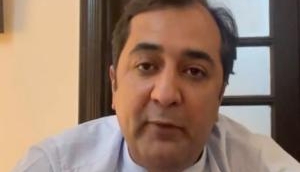

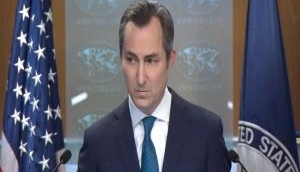

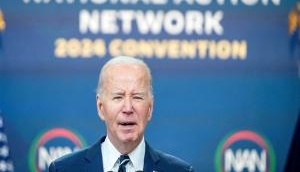
![BJP's Kapil Mishra recreates Shankar Mahadevan’s ‘Breathless’ song to highlight Delhi pollution [WATCH] BJP's Kapil Mishra recreates Shankar Mahadevan’s ‘Breathless’ song to highlight Delhi pollution [WATCH]](http://images.catchnews.com/upload/2022/11/03/kapil-mishra_240884_300x172.png)

![Anupam Kher shares pictures of his toned body on 67th birthday [MUST SEE] Anupam Kher shares pictures of his toned body on 67th birthday [MUST SEE]](http://images.catchnews.com/upload/2022/03/07/Anupam_kher_231145_300x172.jpg)


